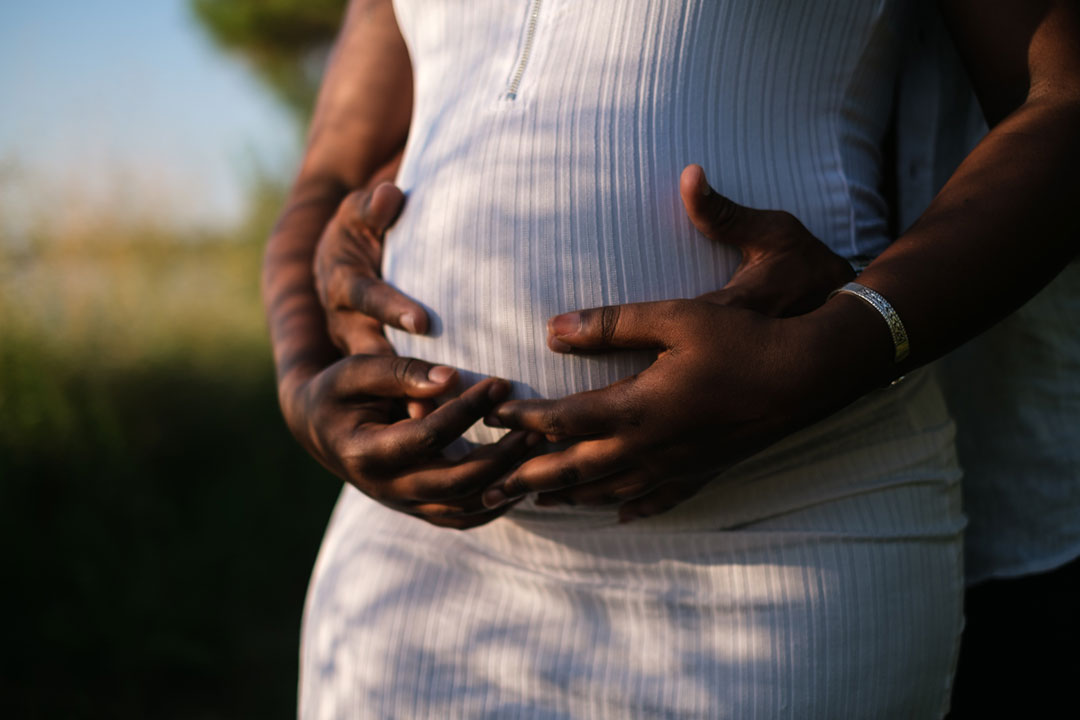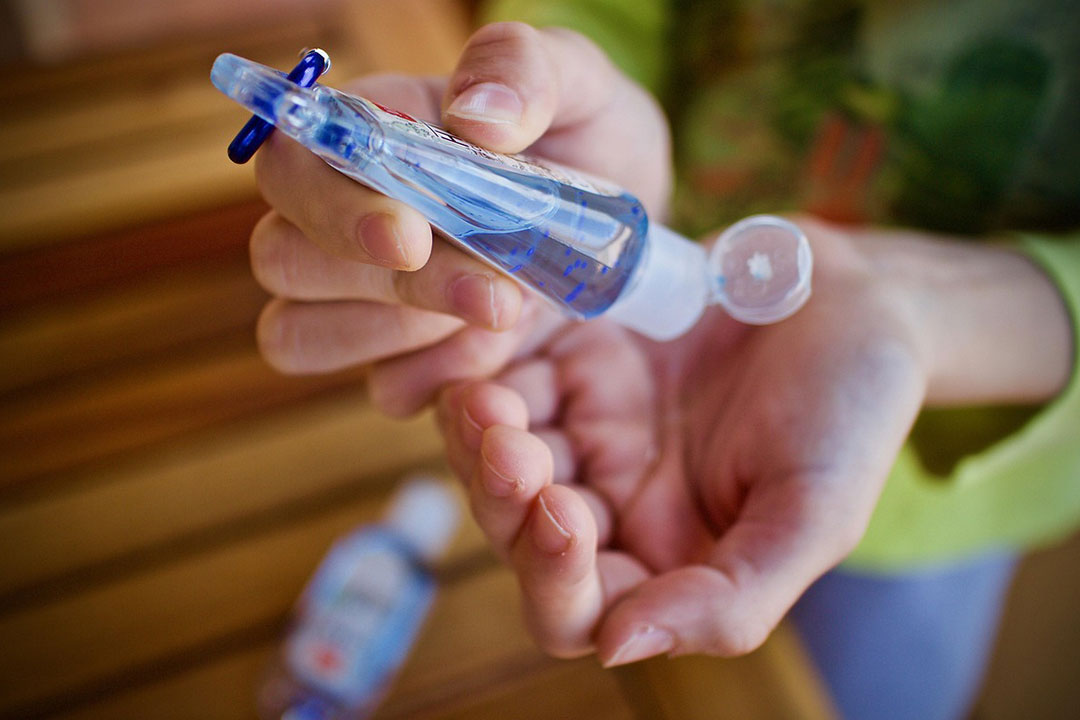Dengue infection during pregnancy harms infant health
Research suggests that even mild dengue infection is associated with lower birth weight and increased risk of hospitalisation.
- 13 July 2023
- 3 min read
- by Linda Geddes

Babies whose mothers had dengue fever during pregnancy are at greater risk of being born underweight and needing hospital care during their first three years of life, data suggests. Researchers have called for dengue to be added to the list of maternal infections of concern, which women are counselled on taking steps to avoid because of the risks to their unborn babies.
Dengue during pregnancy resulted in a 27% increase in the risk of hospitalisation during the first three years of life, and substantially increased medical expenditures.
Dengue is a viral infection transmitted through the bite of several species of Aedes mosquito, which threatens the health of approximately half of the world's population. It is more common in tropical and subtropical climates but is gradually spreading to southern Europe and US states because of climate change. Although many cases are asymptomatic, the virus can trigger a mild to severe flu-like illness, and occasionally death, but there had been little strong evidence linking it to worse birth outcomes following pregnancy until now.
Researchers at the Universities of Surrey and Birmingham in the UK analysed health records for women and children living in the highly populated south-eastern Brazilian state of Minas Gerais between 2011 and 2017, linking statistics on births, deaths, hospitalisations and dengue infections over time.
The study, published in American Economic Journal: Applied Economics,found that mild and moderate dengue infection during pregnancy was associated with a reduction in the average birthweight of newborns. The effect was particularly pronounced for infants at the lower end of the birth weight scale, with increases of 15%, 67%, and 133% in the incidence of low, very low, and extremely low birth weights, respectively. This is concerning because previous studies have linked low birth weight to poorer long-term health and socio-economic status.
Have you read?
The researchers also found that dengue during pregnancy resulted in a 27% increase in the risk of hospitalisation during the first three years of life, and substantially increased medical expenditures because of this.
Study co-author Dr Martin Foureaux Koppensteiner at the University of Surrey said: "There is now compelling evidence of the detrimental effects of maternal dengue infections on birth outcomes. It emphasises the urgent need for increased awareness, prevention, and targeted interventions to mitigate the impact of this widespread disease on maternal and child health."
He suggested that dengue fever should be added to the so-called TORCH list of infections to manage and avoid during pregnancy – alongside infections such as toxoplasmosis, rubella, HIV, syphilis, chicken pox, Zika, and herpes simplex virus.
"Including dengue fever in this list will ensure that pregnant women are aware of the risks involved with infections during pregnancy and can take precautions, for example using insect repellents," he said.
The findings may also be relevant for public health officials considering the adoption and prioritisation of a new generation of vaccines against dengue. "This study not only deepens our understanding of the consequences of dengue infections during pregnancy, but also serves as a call to action for policymakers, healthcare professionals, and global communities to prioritise preventive measures and support affected families," said study co-author Dr Livia Menezes at the University of Birmingham.
More from Linda Geddes
Recommended for you






